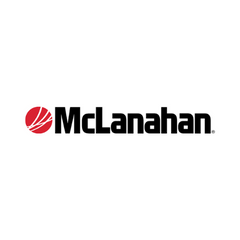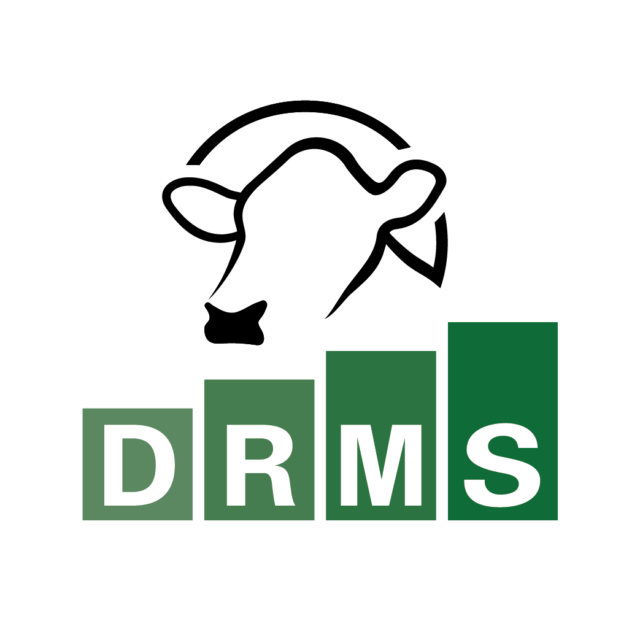The following update is provided by Dairy Management Inc. (DMI), which manages the national dairy checkoff program, and is a producer-funded, nonprofit domestic and international planning and management organization responsible for increasing sales of and demand for U.S.-produced dairy products and ingredients. Managing dairy’s reputation on a global scale One of the prime features of the U.S. Dairy Export Council (USDEC), managed by Dairy Management Inc., is USDEC’s network of overseas office representatives. In addition to providing valuable marketing and trade-development support around the world, these reps serve as the eyes and ears for the U.S. industry beyond our borders.

For instance, the China office proved its mettle in 2008 when the melamine scandal became a worldwide story. At the time, information, misinformation and speculation were coming out in equal measures. But the U.S. industry was well-represented, with a reliable pipeline to events on the ground.
As the facts were sorted out, USDEC provided a multi-discipline response involving both communications and market access. Coordinating with their China representatives, they developed a statement that members could use with customers to attest to the safety of U.S. dairy products and worked with a third-party contract laboratory so U.S. exporters could certify that their products were compliant with international standards with regard to melamine. In the end, export volumes never wavered.
This process was put to the test again just last month, when attempts to link premature development in babies to milk powder infant formula made worldwide news. USDEC’s China office quickly relayed information back to the States, where USDEC was able to alert its members of the situation and help them reassure customers that U.S. dairy is not involved.
As dairy has become a global business, our domestic market is more connected to events outside our borders. What takes place globally impacts us at home. But what would happen to our sales and reputation if, for instance, U.S.-produced nonfat dry milk was contaminated and exported around the world?
First and foremost, a crisis response process would spring into action. Through the Dairy Communications Management Team – which is comprised of DMI and USDEC, along with National Milk Producers Federation (NMPF), International Dairy Foods Association (IDFA) and Milk Processor Education Program (MilkPEP) – the U.S. industry can address a potential crisis in a coordinated fashion whether dairy’s image is threatened at home or abroad.
Over the last year, USDEC conducted global crisis preparedness training drills with staff in Arlington, Virginia, and its overseas office representatives. It established staff-specific roles and responsibilities for operating in crisis mode, and it also developed a specific USDEC crisis manual for dealing with a global emergency.
At the training sessions, Arlington staff and the overseas reps participated in a realistic drill on how a crisis might unfold. Under the hypothetical product-contamination scenario, the team had to deal with trade restrictions implemented by the government, inquiries from USDEC members and concerns raised by international customers. The drill familiarized staff and the reps with the proper response protocol so they’ll be ready if called upon.
The new crisis manual clarifies roles for all involved so the U.S. industry speaks with one, consistent voice.
USDEC also recognized that the U.S. government is a key partner in responding to any situation. So the Export Council has coordinated its approach with the U.S. Department of Agriculture’s Foreign Agricultural Service (USDA/FAS). In the unlikely event of an emergency, FAS’ in-country experts will be a valuable source of support. PD
Are dairy exports important to your business?
Yes. Over the last four years, more than 10 percent of the U.S. milk supply has been sold overseas in the form of milk powder, whey proteins, lactose, cheese, butterfat and a variety of other fresh and frozen products.
USDEC proposes the following ways to respond to inquiries from prospective customers about the quality and safety of U.S. dairy products:
U.S. dairy manufacturing facilities operate in compliance with U.S. and international standards.
Before any shipment leaves the country, the U.S. government certifies each consignment of U.S. dairy products for safety and wholesomeness.
Stringent quality and regulatory standards, and years of collaboration with international customers, have made the U.S. a trusted dairy ingredients supplier to global buyers.
Ingredient safety and quality measures in U.S. plants include an integrated and multi-layered system of checks and balances. U.S. dairy ingredients suppliers have worked closely over the years with regulatory officials to establish safety regulations that meet world standards, including the Pasteurized Milk Ordinance (PMO), USDA Dairy Plant Survey Program and the Hazard Analysis and Critical Control Point (HACCP) system.
The U.S. dairy industry recognizes the need for real-time knowledge and traceability – including tracing back milk to the farms and the animals that produced it. Labeling and recording all dairy ingredients by lot number is standard industry practice at all stages of production, processing and distribution.
Related resources:
U.S. Dairy Export Council: www.usdec.org
The Dairy Communications Management Team’s crisis preparedness site:
www.dairyresponse.com
Food safety information for consumers: www.foodsafety.gov
What is USDEC prepared to do in a crisis?
• Participate on the Dairy Communications Management Team and assist in establishing an industry- wide response with special focus on international activity and insights.
• Manage international messaging.
• Inform principal audiences of international activity – USDEC members, staff and international representatives, U.S. supplier-exporters, overseas food trade, domestic ingredient manufacturers and key government contacts (U.S. and abroad).
• Coordinate with important government authorities – USDA/FAS (domestic and international), U.S. and in-country government authorities and Office of the U.S. Trade Representative – and report on regulatory/market access/trade issues.
• Report on importer/exporter feedback.
• Respond to international media inquiries.
• Share knowledge and information on international activity with key audiences as appropriate.
• Develop appropriate strategies for responding to export issues as they arise.
Test your answer
Why is it important for the U.S. dairy industry to invest in crisis preparedness?
ANSWER: Surviving the first hours of a crisis can save assets, markets and reputations. In fact, poorly handled crises can destroy companies and industries. How we handle a crisis has a residual effect on every aspect of our business – now and in the future. Those who train and prepare respond faster and more effectively when an emergency arises.




